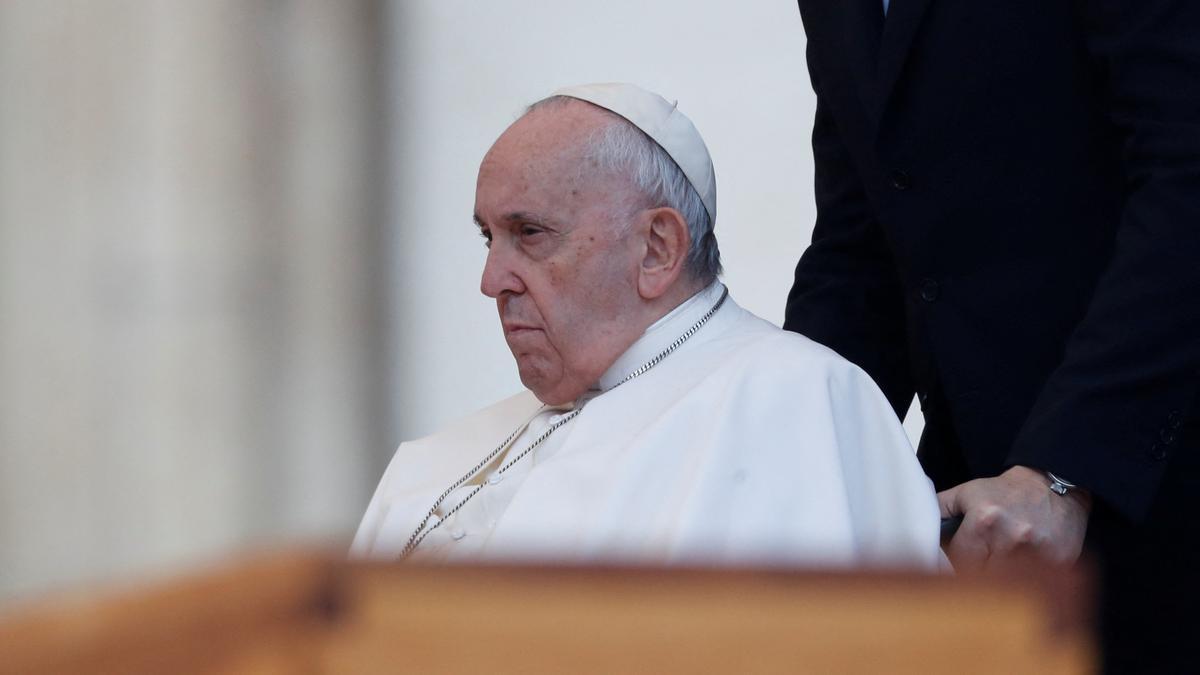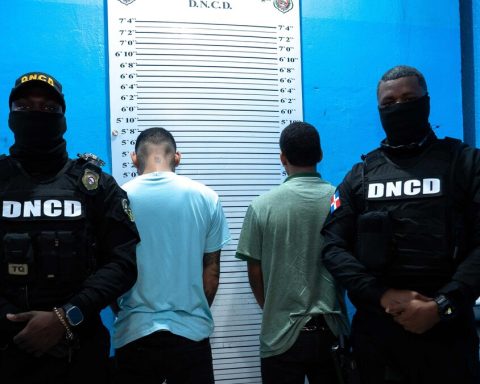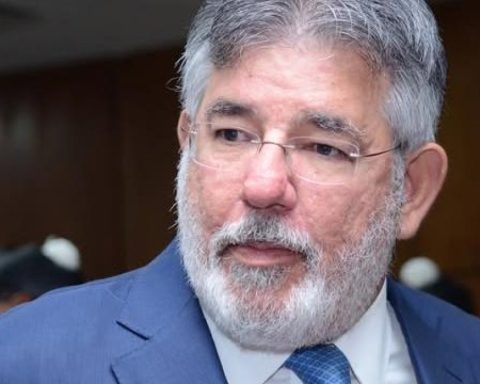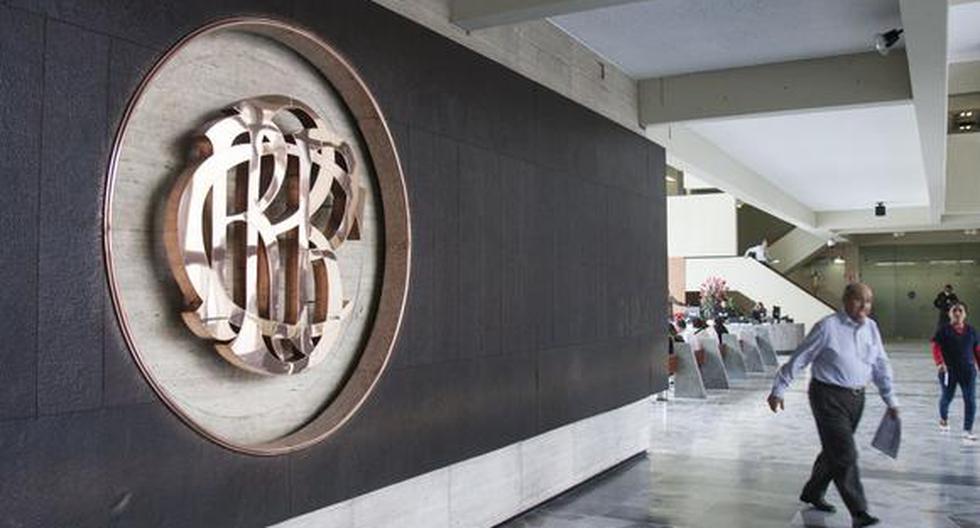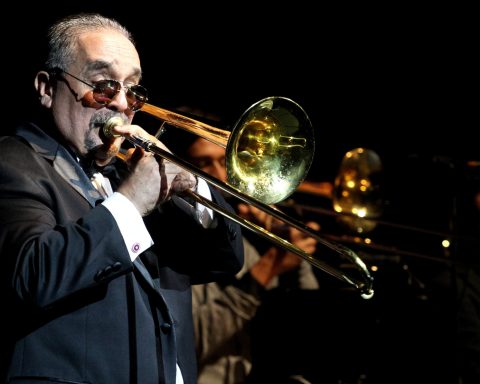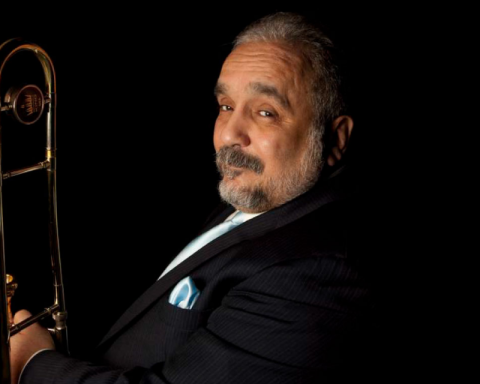Vatican City, (EFE).- The dad Having arrived at the “end of the world”, as he defined himself on March 13, 2013 on the balcony of the central loggia of Saint Peter’s Basilica after his election, he advanced in his first speech the idea of a “poor Church for the poor”. and since then all his efforts have been focused on reforming the Holy See to make it more transparent and effective, which has created more than one enemy for him.
With a speech in which he asked to put an end to corruption in the Holy See, with Vatican centralism and pedophilia in the clergy, Jorge Mario Bergoglio was elected in the conclave after the resignation of Benedict XVI, with whom he had an unprecedented and not always easy “papal coexistence” until his death on December 31.
After ten years of pontificate, it is time to take stock: has the Pope managed to change the Church?
THE ECONOMIC REFORM
In these 10 years, one of the Pope’s achievements has been the total reform of the management of the Vatican coffers, which had been the object of enormous irregularities, as has been verified in different trials, including the one that is being carried out in these months with the former Substitute for the Secretary of State Cardinal Angelo Becciu as the main accused.
With the creation of the Secretary of Economy, which will manage all the real estate assets and also the funds that were previously available to the Secretary of State, the Pope has given transparency and above all control to the accounts, which are finally also public.
THE FIGHT AGAINST CHILD ABUSE
Upon his arrival on the “throne of Peter”, the Argentine pontiff was clear that one of his objectives was the fight against pedophilia within the Church and listening to the victims, and he created the Pontifical Commission for the Protection of Minors, to which he recently demanded an annual report on how the battle against abuses proceeds.
The pope’s trip to Chile in January 2018 was considered the true dividing line in Francis’ pontificate: in the South American country there was a genuine rejection of the visit by the majority of its inhabitants due to abuse scandals, and the defense of the pontiff of the Chilean bishop Juan Barros, accused of cover-up, hardened opinions even more.
Upon his return, he commissioned a historic investigation, and in April 2018, the Pope acknowledged having made “serious assessment errors” in the case of Barros, met with the victims of the pedophile priest Fernando Karadima and summoned all the Chilean bishops to relieve them of their post.
In these years it has also made dozens of interventions of a legislative nature and forced the dioceses of each country to deal with the issue, something that, however, is failing, since not in all countries the Church has taken seriously obligations such as the to create care centers for victims, while in the Vatican there is still a lack of speed and transparency in reporting cases of abuse and the sentences of the priests involved.
A LESS CENTRALIZED AND UNIVERSAL CHURCH
For almost 9 years, the Pope and a Commission made up of nine cardinals worked for the promulgation of the new Constitution “Praedicate Evangelium” (Preach the Gospel) that reforms the Vatican administration and its different dicasteries (ministries).
The creation of the great department for Evangelization, which includes the Congregation for the Evangelization of Peoples and the Pontifical Council for the New Evangelization, and which will be directly presided over by the Pope, is the great novelty of this great reform of the pontiff. Argentinian.
Francisco is also leaving his legacy with the election of the cardinals who will elect the new pontiff, since the geographical distribution of the college of cardinals has completely changed with many more representatives from distant countries, Asia and Africa, who could not find space in the Chapel. Sixtina, and less representation from Europe and Italy.
THE COMMUNICATION
Poverty, migrants, defense of the environment. With Francis, a new language has been introduced into the Catholic Church which, encouraged by his speeches and his apostolic journeys, has begun to care for the most needy, the least, the “existential peripheries”, a term coined by Bergoglio and which sums up the direction of his teaching.
The Church has also begun to speak of welcoming homosexuals and the divorced and remarried, something that was unthinkable a few years ago.
THE OPPOSITION
This communicative change, in style, has caused resistance against Francis to break out during these ten years and the most ultra-conservative area of the Catholic Church to show its opposition to any decision of the pontiff without any qualms.
There have been many examples of this clear opposition to Francis, but the most obvious was the public letter that four cardinals wrote to Francis expressing their “dubia” (doubts) about some of his writings and demanding a response.
An anonymous memo circulated among sectors opposed to the pope, which was discovered after his death to have been written by Australian Cardinal George Pell, called the pontificate “catastrophic.”
